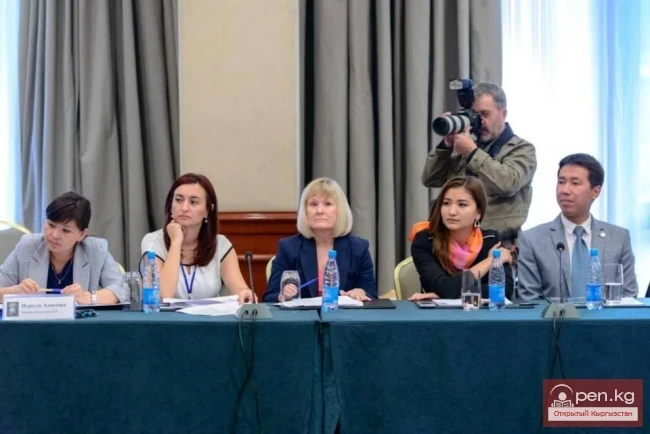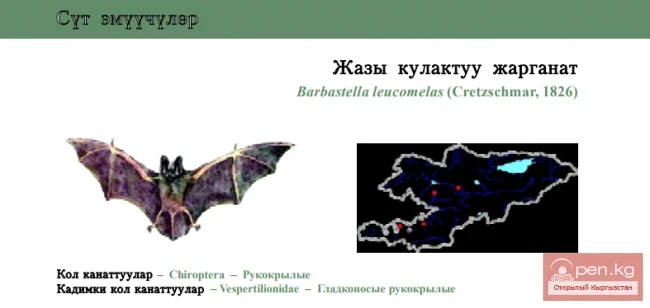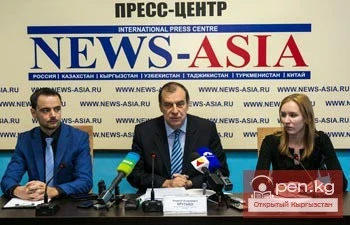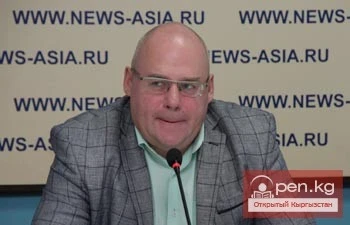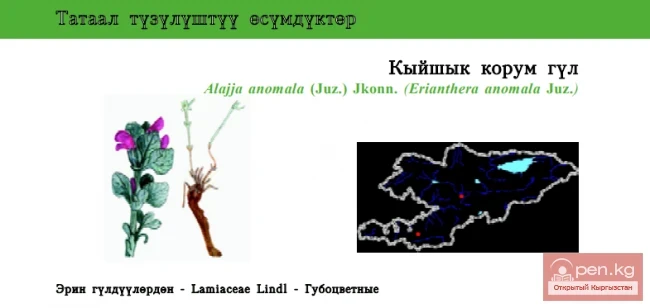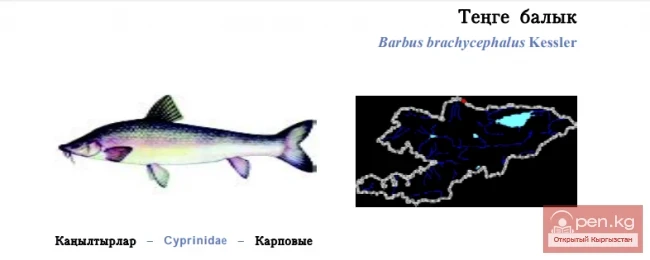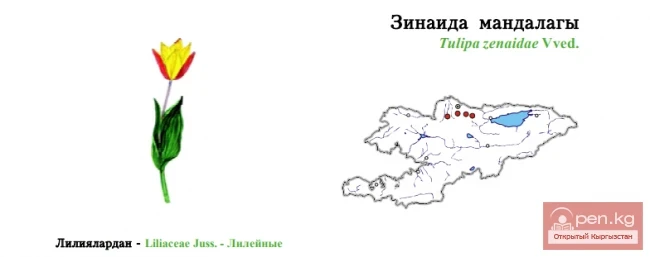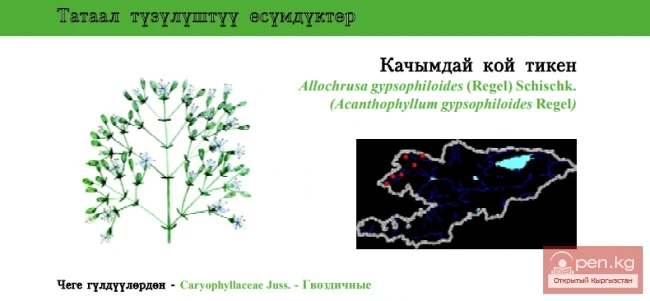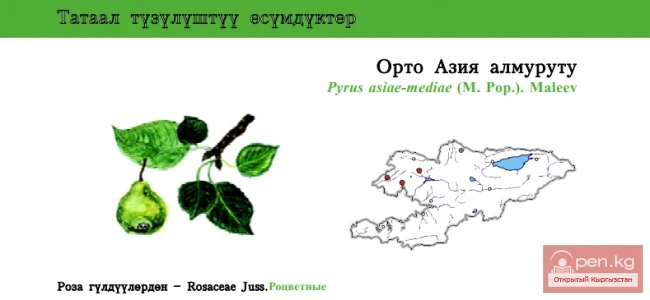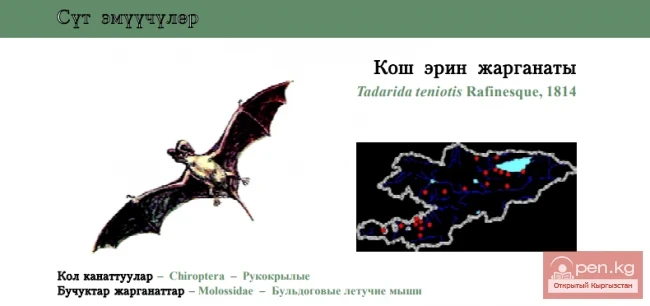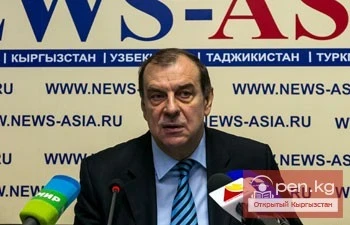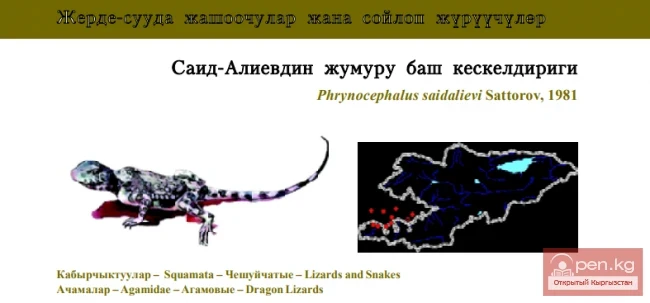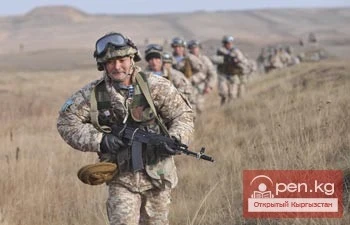
- The situation in Afghanistan is indeed very difficult. According to estimates by UN Security Council experts, there are about 6,500 foreign militants in this country (most of them are linked to groups associated in one way or another with Pakistan). Most of them are also connected to international terrorist organizations 'Al-Qaeda' and 'Islamic State' (ISIS). According to representatives of the Russian Foreign Ministry and the Ministry of Defense, the number of militants in Afghanistan linked only to ISIS may reach 2-3 thousand people. They are mainly based in the east and (which is most important for post-Soviet countries) the north of the country. In particular, the trend of ISIS's influence spreading to Uzbeks (the Islamic State of the East has joined ISIS) and Turkmen (ISIS has been supported by some Turkmen tribes) is especially dangerous for us, he believes. - In Afghanistan, after the death of Mullah Omar, there is a civil war within the 'Taliban', and not everyone recognizes the authority of the new leadership. ISIS is actively using this to recruit new supporters. Moreover, ISIS is not limited in resources; it actively receives them, including from radical Islamic funds in the Arabian Peninsula. As a result, ISIS has the ability to pay its militants significantly more than the 'Taliban', and this is a very important factor. The Russian Foreign Ministry and the Ministry of Defense warn that militants, including those linked to ISIS, have already deployed a network of camps in northern Afghanistan that could be used for invasions (similar to the 'Batken War') or subversive activities in Central Asia. This occurred, in particular, as part of the redeployment of militants (including militants from post-Soviet countries: Caucasians, Uzbeks, etc.) from northern Pakistan to northern Afghanistan. What is even more dangerous is that ISIS has launched active recruitment efforts in the post-Soviet space. Among ISIS alone, there are up to 5-7 thousand individuals from post-Soviet countries. The case of Tajik Colonel Khalimov showed that even command structures of law enforcement agencies in Central Asia are vulnerable. For every recruited individual who went to war in Syria, there are hundreds of supporters in so-called 'sleeper cells', thousands, if not tens of thousands, of potential supporters. There has been information about ISIS allocating a considerable amount for destabilizing Central Asia (70 million dollars). This can be added to the money flowing through other channels associated with various radical Islamic funds and structures. Therefore, of course, security measures are needed.
But – under no circumstances should we 'overdo it'. We should pursue extremists and terrorists, not religious people in general, not Islam as a great world religion. Otherwise, there is a risk that excessive pressure on religion will provoke, on the contrary, an influx of new people into terrorist structures. In this regard, for example, international experts, including Russian ones, have criticized certain 'excesses' in Tajikistan's policy, particularly the ban on the Islamic Revival Party and the closure of a large number of mosques. I hope that the governments of Central Asian countries will work more broadly with the expert community, including Russian experts, and find the right balance between justified counter-terrorism efforts and unjustified persecution of religion.
- Is it possible to open a 'second front' of ISIS in the region from the already returned recruiters from Syria and disillusioned citizens?
- Yes, unfortunately, such a possibility exists, and it is significant. Moreover, the greatest danger does not come so much from the return of militants from Syria as from the use of the already effectively established foothold in Northern Afghanistan by terrorist structures. In the context of a severe economic crisis, the presence of corruption, certain inter-clan disagreements, contradictions between great powers within the framework of the 'New Great Game', and similar factors, terrorists can take advantage of the situation and create serious security problems. The repetition of invasions similar to the Batken one, guerrilla actions on the borders of Tajikistan and Turkmenistan with Afghanistan, the organization of large-scale terrorist attacks like those that occurred in Tashkent in the late 90s, uprisings like the Andijan uprising, is not ruled out. Especially dangerous against the backdrop of the growing threat of religious extremism is the repetition of events similar to the two Kyrgyz revolutions or the revolution in Tajikistan, which was followed by a civil war at that time. Now, a country where something like this happens could turn into a new Afghanistan or Syria, as any place where there is a power vacuum will attract the efforts of Islamist groups. Personally, I predict a peak of risks in the next 2-3 years.
- The advancement of radical groups is impossible without a solid ideological base and its preachers. Will spiritual leaders of traditional Islam in Central Asian countries be able to resist ideas 'from outside'?
- They should, but I am not sure they can. Unfortunately, traditional Islam was severely weakened during the Soviet era; the high Islamic culture that characterized Central Asia and the Russian Empire in general perished then. This is precisely related to the spread of such wild and culturally alien teachings as that of ISIS among us. And I would like to remind you that Central Asia gave the world many outstanding Islamic scholars, Sufi poets. The most modernist wing within Islam – Jadidism (which included Central Asian Young Bukharans, Young Khivans, etc.) – arose precisely in the Russian Empire and only later spread to Turkey and other countries.
- Can we say that religious extremism in the region has become a replacement for the 'democracy ideas' tool previously used by pro-Western forces to destabilize the situation in Central Asia through NGOs? How much is this 'genie from the bottle' controlled by its creators?
- Unfortunately, attempts at 'democratization' of Middle Eastern countries have led to the chaos and savagery of ISIS. No one can control such things, by definition. The potential influence of pro-Western NGOs in Central Asia has always been illusory, in my opinion, as they were not popular among the broad masses of the people. However, religious extremists, unfortunately, easily find a way to the hearts of uneducated people suffering from poverty and corruption. In the context of the 'new Great Game' for influence in Central Asia, terrorists begin to thrive, as they skillfully manipulate special services (it is they who, unfortunately, are not controlled by the special services). Let us recall, in this regard, the story of 'Al-Qaeda', which arose to fight against the USSR and then quickly turned into the main enemy of the West.
- How can security be ensured in the EAEU countries under such a position of forces? Who can positively influence its establishment and how?
- There is an instrument called the CSTO. Within its framework, Russia guarantees the security of Kyrgyzstan, Kazakhstan, and Tajikistan. There is a system of Russian military bases in Central Asia. There is a positive economic influence from China. Finally, terrorism must be resisted, as they say in Russia, together, forgetting about the 'new Great Game'. In this regard, for example, the presence of American troops in Afghanistan plays a certain stabilizing role; it has been extended to 2016, and Russia does not hinder this. But the Americans will leave sooner or later, as this region is very far from the USA, and then, besides the CSTO, the structures of the SCO and other forms of interaction among the countries of the region: Russia, China, India, Pakistan, Iran, and Central Asian countries will have to play a key role.
